Let’s be realistic. Maintaining a healthy lifestyle requires more than just a walk in the park once in a while. Between the time you spend in the gym during your busy work week and the fight against junk food, it is difficult to maintain a healthy lifestyle all the time. And when you finally commit to these healthy lifestyle habits, it can be easy to indulge in this delicious piece of chocolate cake. According to a study in the United Kingdom, 129 women had cravings for smoking – some on a weight-loss diet and others simply monitoring their weight without dieting – and found that, compared to others, people on a diet were more likely to want to eat junk food and sugar. Consequently, diets can sabotage your weight loss goals. So instead of focusing on eliminating everything “bad”, why not focus on adding healthier options to your life? Here are some delicious (and nutritious) foods to add to your diet today!
1. Leafy greens
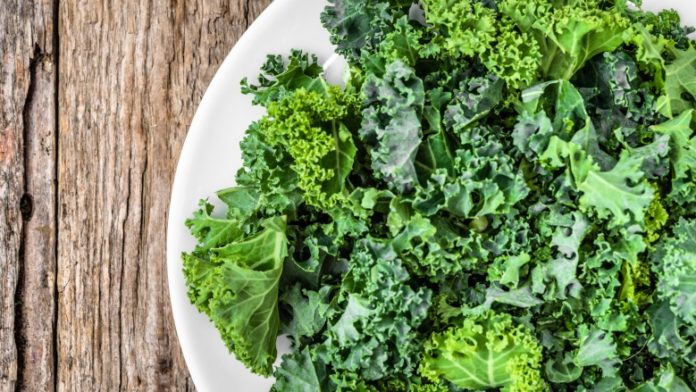
Spinach, kale, arugula and others are among the green leafy vegetables. According to Gisela Bouvier, Registered Dietitian, and the face behind B Nutrition & Wellness, leafy green vegetables and lettuce provide a good amount of vitamins, minerals and fibre in your daily diet. She recommends incorporating them into your omelettes, salads and dinners as they are an excellent way to ensure a good daily intake of phytonutrients.
To get even more nutrients, dietitian and physiotherapist Rachel Cutts says dark green vegetables reign supreme. “A cup of cooked kale is an excellent source of energy with 53.3 mg of vitamin C, more than 50% of the recommended intake to help your immune system during flu season.”
2. Nuts
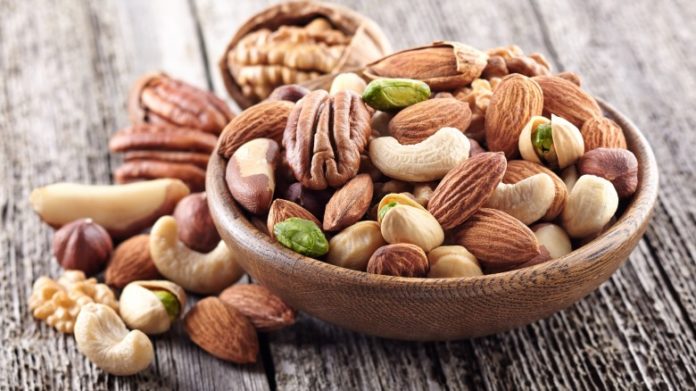
Rebecca Lewis, a dietitian at HelloFresh, mentioned nuts as one of her favourite foods: “Nuts contain powerful antioxidants that cleanse the damage in our bodies, phytochemicals that reduce cholesterol and high levels of anti-inflammatory drugs like omega-3 fatty acids. She also noted that studies have shown that nuts can help control your weight by helping to prevent the feeling of hunger that usually leads to snacking and overeating.
Bouvier is also a nut lover, especially of almonds. “Almonds are an easy and portable snack that can be eaten every day and anywhere,” she says. “They contain a lot of monounsaturated fat, which helps to increase high-density lipoproteins, also known as good cholesterol, and reduces bad cholesterol. Each serving also contains six grams of vegetable protein.”
3. Eggs
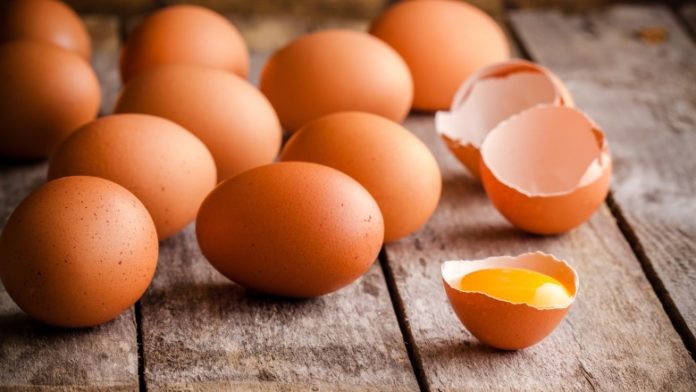
Eggs have not always had the best reputation, but new research shows that this breakfast food may be healthier than we had imagined. “Eggs are an incredible source of protein,” says Bouvier. And while cholesterol in eggs has often been considered a problem, Bouvier explains: “We have found that they are perfectly safe and that they can actually help to increase the right cholesterol level. She noted that an egg provides six grams of quality protein in your daily diet.
4. Berries
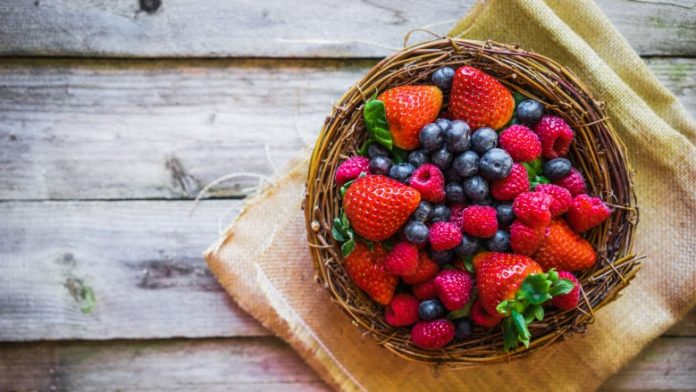
From strawberries to blackberries, these small fruits are not only delicious, but they are also full of nutrients. “Berries are an excellent source of fibre, vitamins, minerals and antioxidants,” said Ms. Bouvier. “Whether it’s fresh or frozen berries, adding them to breakfast cereals, yogurt or a smoothie can be a great way to add good nutrition to your daily diet.”
Chelsey Amer, a New York-based registered dietitian and creator of C It Nutritionally, agrees. “Berries are my favourite fruit every day because they are full of fibre and less sweet, as well as having a ton of antioxidants, which helps reduce the stress your body naturally experiences every day,” she said. “Moreover, the berries are sweet, delicious and so versatile.”
5. Avocado
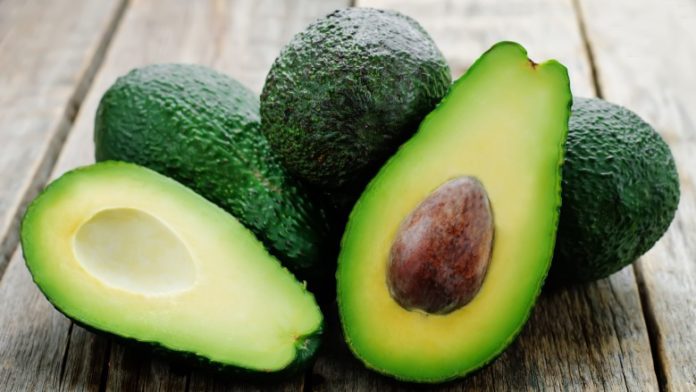
Guacamole lovers, rejoice! Your favourite taco may not be so bad after all. “We’ve been told to “fear fat” for so long that I often find that many of my customers eat very low-fat foods and are dissatisfied, which leads to snacks for no reason,” says Amer. “I suggest including more healthy fats such as avocado, which contain heart-healthy monounsaturated fats that help reduce the risk of heart disease and stimulate satiety and satisfaction after a meal.”
6. Beans
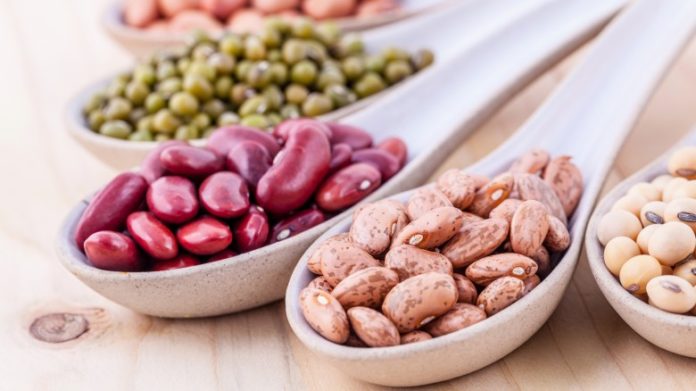
If you are looking to add more non-animal protein to your diet, beans are a great way to do it. “Beans are a fabulous source of protein and vegetarian fibre – two nutrients that help you stay full and satisfied (a bonus when you watch your weight),” says Lewis. “Bean protein and fibre can also stabilize the increase in blood sugar levels that occurs after meals, which can also help to stabilize mood.” She also adds that as a meat substitute, beans are a rich source of iron, as well as a good source of magnesium and potassium – nutrients that work together to lower blood pressure, maintain good cholesterol and keep your heart and blood vessels healthy.
7. Fermented foods
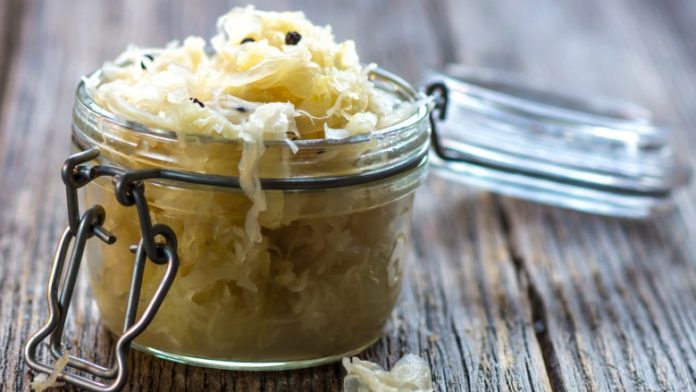
According to Lewis, fermented foods (such as sauerkraut) have recently attracted a lot of attention in the natural food world. “With the increased interest and scientific research to support the importance of intestinal health, fermented probiotic-rich foods have been enthusiastically nicknamed as the new panacea,” she said. She also explained that the fermentation process of foods such as sauerkraut, kimchi, yogurt and kombucha develops probiotics that protect the immune system, reduce inflammation and directly influence the hormones that our brain releases, such as cortisol (our stress hormone), ghrelin (our food hormone), and serotonin (our happiness hormone).
8. Oatmeal
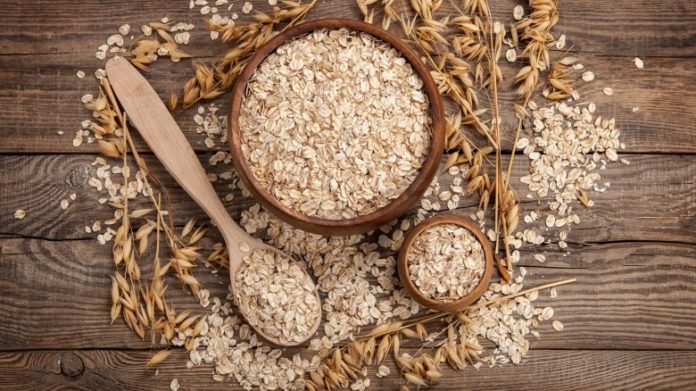
With hundreds of studies on the many health benefits of oats, it’s no wonder Grace Derocha, a registered dietitian and diabetes educator at Blue Cross Blue Shield in Michigan, recommends this grain to her clients. “Oats is a great way to enjoy breakfast and keep you full until dinner,” she said. “These grains are high in fibre and are known to help reduce cholesterol through beta-glucan, which is an insoluble fibre naturally found in oats.”
9. Apples
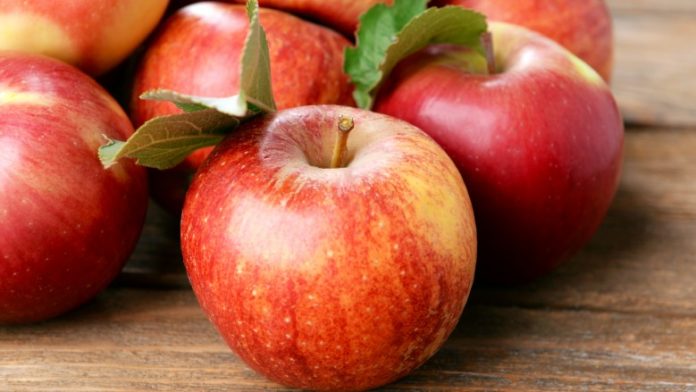
One apple a day can really keep the doctor away, according to Julie Rothenberg, a registered dietitian based in South Florida. “Soluble fibre in apples helps lower our bad cholesterol (LDL) levels and maintain stool regularity,” she says. Rothenberg also noted that apples contain both soluble and insoluble fibre, which helps us feel fuller for longer periods of time (which makes weight management easier).
10. Fish oil
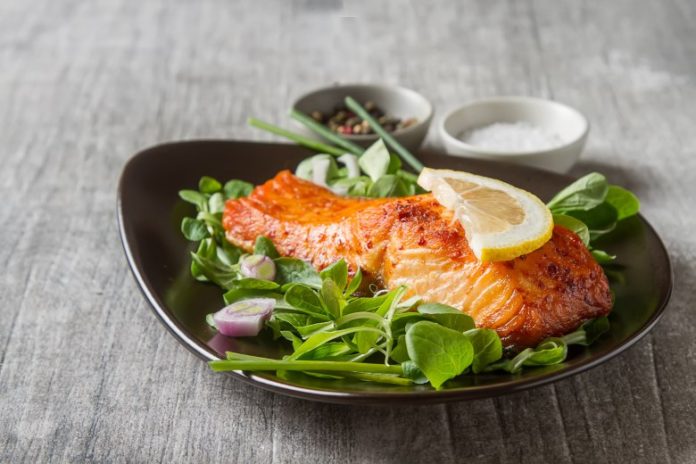
Do you like seafood? You’re lucky because, according to Registered Dietitian Tori Schmitt, MS, RDN, LD, of YES Nutrition, fish – especially fatty varieties like salmon, tuna and mackerel – offer a host of health benefits. “Full of healthy omega-3 fatty acids, fatty fish can reduce blood triglyceride levels and help protect against heart disease,” she said in an interview. In addition, they are a good source of vitamin D, which can help protect your vision and prevent dementia.
11. Legumes
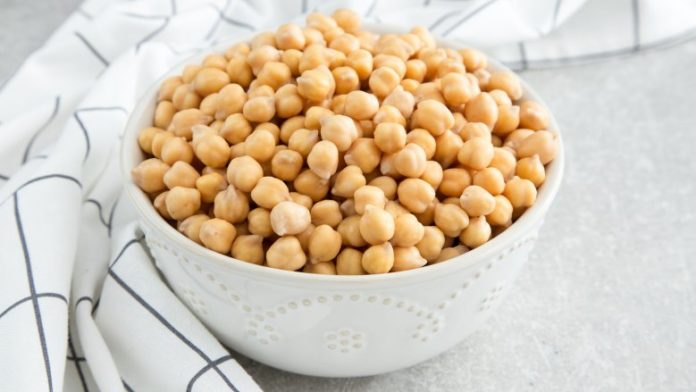
Hummus lovers, rejoice. According to Schmitt, we could all benefit from increased consumption of legumes, including dried peas, lentils and chickpeas, which are also known as the main ingredient of our beloved hummus. “As a healthy source of carbohydrates, legumes also provide protein to help you feel fuller, longer at meals and snacks,” she says. “Serve your vegetables with hummus or add lentils to your favourite soup.”
Seeds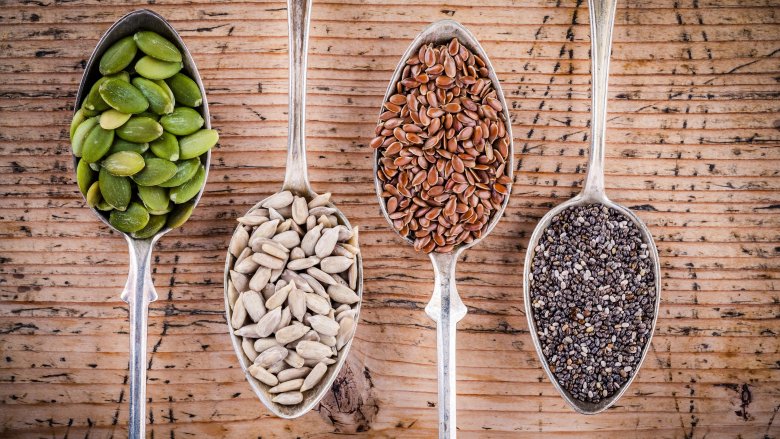
Seeds are one of Schmitt’s favourite foods: “Not only do seeds provide healthy protein and fat, they also provide magnesium that acts in opposition to calcium to help calm your muscles and body from the inside out.
Bitter also likes seeds: “I am a big fan of pumpkin seeds because they are portable, practical, easy to find and full of nutritional benefits! Pumpkin seeds are a source of zinc, which helps strengthen your immune system (especially important during the winter months) and a serving provides almost 50% of your daily magnesium needs.” Be careful with the size of your portions, she advises, however: “A quarter cup of pumpkin seeds contains nearly 200 calories.”
12. Sweet potatoes
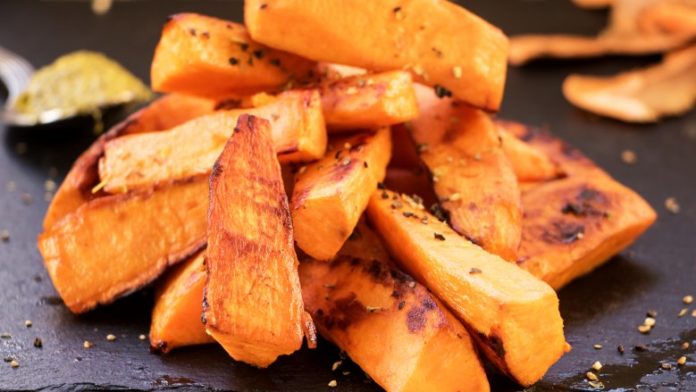
This versatile starchy vegetable is at the top of the list of Americans’ favourite vegetables. Sweet potatoes are an inexpensive way to increase your intake of vitamins A and C, fibre and potassium, all of which offer a variety of benefits for eye and heart health, immune system support and diabetes prevention.
13. Seaweed
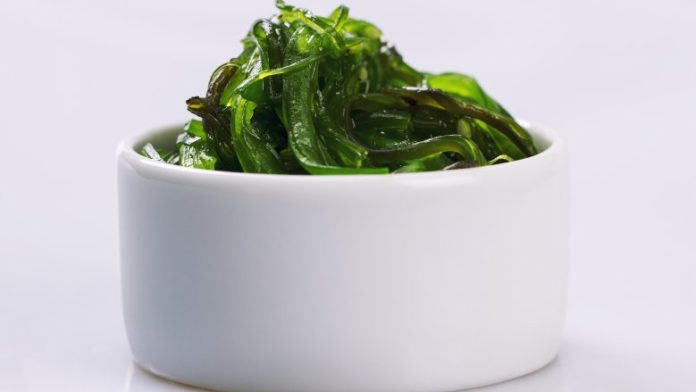
According to Dr. Joel Kahn of the True Health Initiative “This protein-based, sustainable, herbal, gluten-free and waste-free ingredient should be added to your diet.”
14. Chocolate
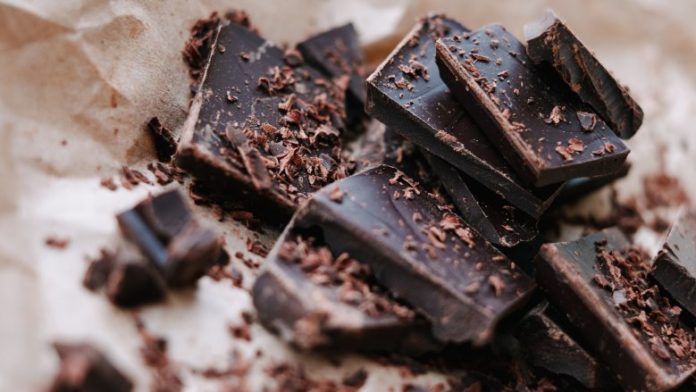
Eat chocolate every day? Sign me up! But before you go to Amazon to place a bulk candy order, make sure you stick to the right things. This means, according to Kahn, 100% chocolate.
“Getting rid of sugar doesn’t necessarily mean you don’t eat chocolate anymore,” Kahn says. “Many chocolate makers prepare a 100% cocoa bar with no added sugar, as tasty and rich in antioxidants as their dark chocolate counterparts 70 to 90%.” His favourite? “Try the François Pralus bar and avoid the lower quality unsweetened varieties you will find in the pastry section of your grocery store.”
Cover photo: Shutterstock


![[Photos] Why WD-40 Is Magic In Your Garden?](https://lifetonik.com/wp-content/uploads/sites/7/2019/08/WD40-Prices-Highres_Page_8_Image_0008-218x150.jpg)





![[Photos] Take A Look Of The Obama’s New Home Before It’s Banned](https://lifetonik.com/wp-content/uploads/sites/7/2019/07/Obama1-218x150.jpg)
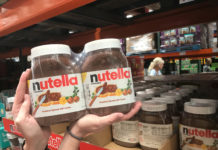
![[Slideshow] Celebrity Homes: 21 Of The Most Luxurious](https://lifetonik.com/wp-content/uploads/sites/7/2019/07/Taylor-Swift-218x150.jpg)
![[Slideshow] More Parents Are Now Gluing Pennies to the Bottom of their Kid’s Shoes](https://lifetonik.com/wp-content/uploads/sites/7/2019/07/Keep-Them-Entertained-218x150.jpeg)
![[Photos] 20 Fashion Mistakes That Too Many Women Make!](https://lifetonik.com/wp-content/uploads/sites/7/2019/07/5-style-mistakes-that-make-you-look-frumpy-featured-218x150.jpg)








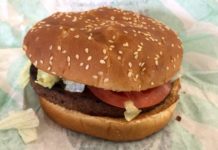

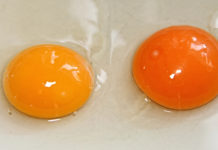








![[Gallery] 25 Discounts For Seniors To Which You Are Entitled Without Knowing It](https://lifetonik.com/wp-content/uploads/sites/7/2019/08/EAZxECUXUAAvNZR-218x150.jpg)
![[Slideshow] Here’s the salary of every governor in the United States](https://lifetonik.com/wp-content/uploads/sites/7/2019/08/Charlie-Baker-218x150.jpg)
![[Photos] No One Will Want To Buy This House After Seeing These Pictures](https://lifetonik.com/wp-content/uploads/sites/7/2019/08/terrible-real-estate-photos-2-5c35e727c9f95__700-218x150.jpg)



